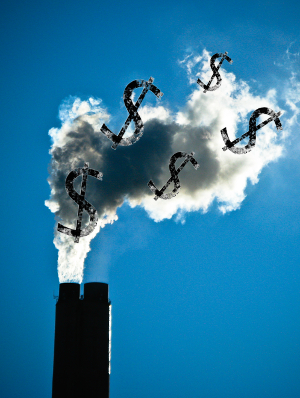Paris goals could pay off
 A new study suggests meeting the Paris Agreement goals would benefit the world's economy in the long-term.
A new study suggests meeting the Paris Agreement goals would benefit the world's economy in the long-term.
An international study has found that not meeting the goals of the Paris Agreement on climate change could cost the global economy AU$235 trillion to $1,244 trillion by 2100.
But the study also found that a global cooperation strategy could obtain the optimal trajectory in reducing emissions. If so, this could result in an economic benefit of approximately AU$199 trillion to $968 trillion.
Existing reports suggest that global temperatures may increase by 1.5 °C between 2030 and 2052.
Early action may provide a better chance to close the widening emissions gap, but this will potentially incur substantial economic costs.
Information about potential economic losses due to insufficient action against climate change and net income projections (climate damage avoided minus abatement costs) if targets are met, may aid these decisions.
The researchers developed a global cooperation strategy, which indicates that temperature-limiting goals could be reached along with an increase in a country’s net income.
The authors found that all countries and regions of the world could achieve a positive cumulative net income by 2100 if the 2°C or 1.5°C target is realised.
However, they estimate that the upfront investment for the G20 economies would be approximately AU$25 trillion to $162 trillion.







 Print
Print